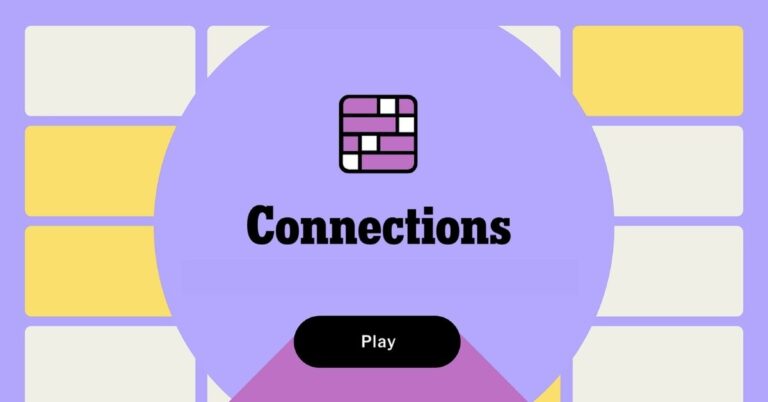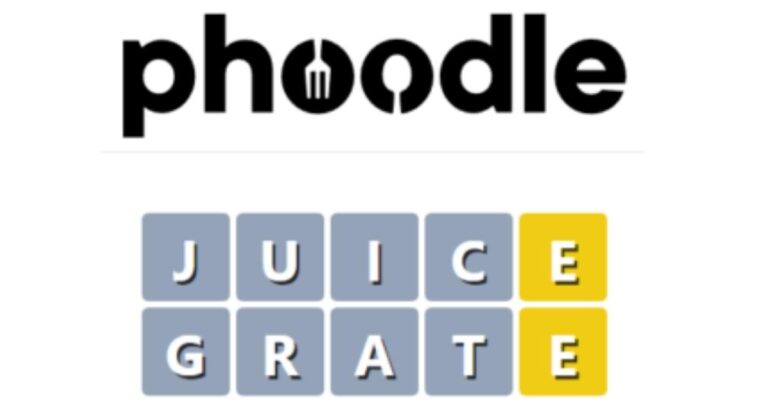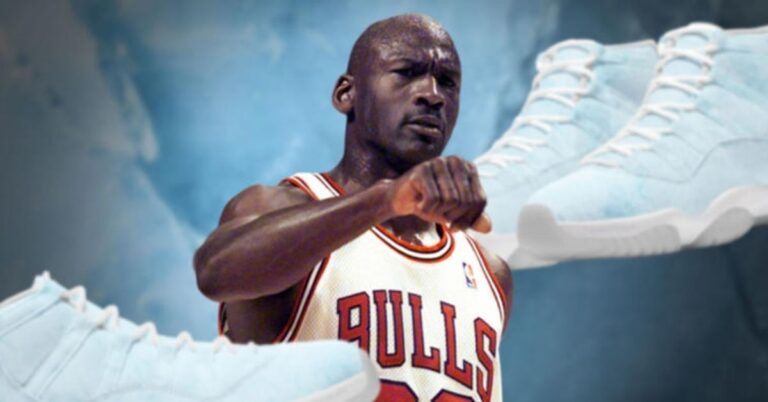Cato Hunger Games: The Fierce Tribute of District 2
When discussing the most iconic characters from The Hunger Games, one name that consistently stands out is Cato Hunger Games. As the male tribute from District 2 in the 74th Hunger Games, Cato is a figure of strength, violence, and ambition. His presence throughout the series is both memorable and thought-provoking, making him one of the most discussed characters from Suzanne Collins’ dystopian universe. In this article, we will delve deep into Cato’s character, his role in the games, and the complexity behind his actions. Whether you’re a fan of the franchise or a curious reader, this comprehensive guide will help you understand why Cato Hunger Games is such a significant part of the narrative.
Who Is Cato in The Hunger Games?
Cato is introduced as the male tribute from District 2 in the 74th Hunger Games. District 2 is known for its military strength and training academies that prepare young people to volunteer as tributes. As a “Career Tribute,” Cato has spent much of his life training for the Hunger Games, unlike other participants who are chosen by lottery. This background makes him one of the most formidable contestants in the arena. With blonde hair, a muscular build, and a commanding presence, Cato Hunger Games is often portrayed as a natural leader among the Career pack, which includes tributes from Districts 1, 2, and 4.
Cato’s Role in the 74th Hunger Games
From the moment the 74th Hunger Games begin, Cato establishes himself as a powerful and dangerous player. He quickly forms an alliance with other Career Tributes and leads them through a ruthless strategy of eliminating the weaker contestants. His first significant appearance in the arena is during the bloodbath at the Cornucopia, where he displays lethal combat skills and quick decision-making. Unlike many tributes who rely on luck or cunning, Cato Hunger Games relies on brute strength, physical training, and aggressive tactics.
Despite his intimidating nature, Cato’s alliance begins to crumble as the game progresses. He loses trust in his allies, especially after Clove—his closest partner—is killed by Thresh. This loss significantly impacts him, revealing a more emotional and vengeful side.
Also Read: U Free Games: Your Ultimate Destination for Online Entertainment
The Complexity of Cato’s Character
Though initially perceived as the villain, Cato’s character is layered with psychological complexity. Raised in a society that glorifies violence, he is a product of systemic brutality rather than an inherently evil person. As the games reach their climax, Cato becomes increasingly desperate. His final confrontation with Katniss and Peeta shows a man grappling with the realization that his entire identity has been built on a flawed and cruel system.
In his final moments, Cato Hunger Games delivers a haunting monologue where he says, “Go on. Shoot. And we both go down and you win. Go on. I’m dead anyway.” These words reflect his awareness that even winning the games does not offer salvation. For him, death seems preferable to living with the trauma and emptiness that comes with survival.

Physical Appearance and Skills
Cato is described as tall, muscular, and physically dominant. He has short blond hair and a commanding demeanor. His combat abilities are among the best in the arena. He is skilled with various weapons but excels in hand-to-hand combat and sword fighting. His physical prowess and confident personality make him a natural leader, especially among the Career pack.
Throughout the arena, Cato Hunger Games is portrayed as almost unstoppable—until he meets his end in one of the most gruesome scenes of the series. He is ultimately defeated not by another tribute, but by a pack of genetically engineered mutts that tear at him for hours, representing the Capitol’s ultimate cruelty.
Cato and Clove: A Mysterious Bond
One of the more debated aspects of Cato’s storyline is his relationship with Clove, the female tribute from District 2. While the books don’t explicitly portray a romantic relationship, the film adaptation hints at a deeper bond between them. Many fans speculate whether Cato Hunger Games harbored feelings for Clove or if their connection was purely strategic.
When Thresh kills Clove, Cato’s reaction is one of rage and despair, suggesting that he did care for her. This emotional outburst contrasts sharply with his earlier cold and ruthless demeanor, offering a rare glimpse into his humanity.
The Symbolism Behind Cato’s Death
Cato’s death is symbolic in many ways. As he clings to Peeta to prevent himself from falling to the mutts, it’s not just a physical struggle—it’s a metaphor for the collapse of the Career tribute ideology. His slow and painful death represents the ultimate consequence of a society built on exploitation and bloodshed.
Katniss eventually puts Cato out of his misery with an arrow, not out of hatred, but out of mercy. In doing so, she acknowledges his suffering and perhaps even recognizes the similarities in their circumstances. Cato Hunger Games becomes not just an antagonist but a tragic figure trapped by a merciless system.
Also Read: Skip the Games North Jersey: A Comprehensive Guide to Entertainment, Connection & Local Culture
Cato’s Legacy in the Hunger Games Universe
Even though Cato appears only in the first installment of The Hunger Games, his legacy extends far beyond his death. He represents the cruelty of the Capitol, the horrors of the arena, and the tragic loss of youth and potential. Fans often debate whether Cato was truly a villain or just another victim. His story serves as a reminder that in Panem, even the strongest aren’t immune to the system’s brutality.
In fan discussions, including those on Reddit and Quora, many argue that Cato Hunger Games is misunderstood. Some sympathize with him, seeing his aggressive behavior as a defense mechanism rather than genuine malice. Others believe he could have been a hero if born into different circumstances.
Cato in Popular Media and Fan Theories
Cato is portrayed by actor Alexander Ludwig in the 2012 film adaptation of The Hunger Games. Ludwig’s performance brings a new depth to the character, portraying both his aggression and vulnerability. His iconic line, “I can still do this. One more kill. It’s the only thing I know how to do,” encapsulates his internal conflict.
Over the years, fan theories have emerged around Cato Hunger Games, including the popular idea that he and Clove were the “evil” counterparts to Katniss and Peeta. This theory explores the parallel dynamics of loyalty, partnership, and survival, casting Cato in a new light.
What Can We Learn From Cato?
Cato’s journey highlights several critical themes of The Hunger Games series: the dehumanization of youth, the glamorization of violence, and the psychological toll of war. Unlike characters who represent hope and rebellion, Cato Hunger Games stands as a cautionary tale about what happens when children are turned into weapons.
His downfall is not just the result of a single battle, but the cumulative effect of a society that values death over life. Cato’s story urges readers to question systems of power and to look beyond labels of “hero” and “villain.”
Cato’s Training and Upbringing in District 2
One of the critical factors shaping Cato Hunger Games was his upbringing in District 2, which is often referred to as the “Career District.” Unlike tributes from other districts who are generally selected randomly, children from District 2 are groomed from a young age to become professional fighters and peacekeepers for the Capitol. Cato’s entire childhood was likely consumed by rigorous physical training, combat drills, and mental conditioning designed to mold him into a perfect tribute. This intensive preparation explains his extraordinary physical prowess and unyielding determination in the arena. However, this environment also stripped away much of his innocence, fostering an aggressive and survival-focused mentality where empathy and compassion were often seen as weaknesses. This background highlights how the Capitol’s control extends beyond the arena, seeping into the very fabric of a tribute’s identity long before the games begin.
Psychological Impact of the Hunger Games on Cato
While Cato is mostly seen as a fierce and ruthless competitor, the psychological toll of the Hunger Games on him is significant yet often overlooked. The constant pressure to kill or be killed, combined with the emotional strain of losing allies and facing betrayal, wears down even the strongest tributes. Cato’s gradual descent into desperation during the final stages of the games reveals a man under extreme mental duress. His violent outbursts and moments of apparent vulnerability suggest that beneath the hardened exterior was someone grappling with fear, loneliness, and perhaps regret. The Capitol’s design of the Hunger Games as a spectacle of cruelty does not just test physical endurance—it erodes the mental stability of the participants. In Cato’s case, this psychological warfare is evident in how his confidence deteriorates as the arena becomes more hostile and unpredictable.
Cato’s Leadership Style and Influence on the Career Pack
As the unofficial leader of the Career tributes, Cato Hunger Games plays a pivotal role in shaping their strategy and morale. His leadership is marked by intimidation and dominance rather than collaboration or trust. Cato’s approach is to assert control through fear and physical superiority, often pushing his allies to take ruthless actions without hesitation. This leadership style reflects the harsh reality of the games, where survival often demands ruthless decisions. However, it also reveals the limitations of a hierarchy based on power rather than loyalty or mutual respect. When Clove dies and trust within the pack breaks down, Cato’s leadership begins to falter, showing that even the strongest leader is vulnerable to emotional damage. His inability to maintain unity among the Careers ultimately weakens their position, illustrating the delicate balance between strength and emotional intelligence in leadership.
Cato’s Role in Highlighting the Themes of Violence and Power
Finally, Cato Hunger Games serves as a narrative tool to emphasize the central themes of violence and power in the series. His character embodies the brutal reality of Panem’s oppressive regime, where children are turned into killers to entertain the Capitol’s elite. Through Cato’s story, readers see the human cost of this violent spectacle—how power corrupts and consumes even the most promising youth. The Hunger Games are not just about survival; they are about control and domination. Cato’s rise and fall illustrate how violence is both a weapon and a prison, trapping tributes in a cycle of pain and destruction. By examining Cato’s arc, readers are encouraged to reflect on the broader implications of systems that glorify violence and exploit power for entertainment, making him more than just a character—he is a symbol of the series’ darkest truths.
Frequently Asked Questions About Cato Hunger Games
Why was Cato obsessed with Katniss?
Cato saw Katniss as a threat, especially after she outsmarted the Career pack and became a fan favorite. His obsession stemmed from both rivalry and a desire to maintain dominance.
Who was Cato in love with?
While the books are ambiguous, many fans believe Cato may have had feelings for Clove, given his reaction to her death.
Was Cato a good guy?
Cato wasn’t inherently evil. He was a product of his environment—trained to kill and praised for it. His final moments suggest a deeper, more conflicted character.
What did Cato say before he died?
His final lines reflect regret and disillusionment: “I’m dead anyway.”
Conclusion: The Legacy of Cato Hunger Games
In the grand tapestry of The Hunger Games, Cato Hunger Games plays a vital and haunting role. He embodies the darker side of Panem—the cost of power, the fragility of human life, and the destructive force of blind ambition. Through his actions, struggles, and ultimate fate, Cato challenges readers and viewers to confront uncomfortable truths about society, identity, and morality.
Whether viewed as a villain, a victim, or a tragic hero, Cato Hunger Games remains one of the most compelling and complex figures in dystopian literature. His story is not just about strength and survival; it’s a reflection of the systems that shape us—and what it means to break free from them.
Also Read:
- Egads Game Uncovered: From Charity Board Games to Game Jams and Indie RPGs
- Epoch Times Games: A Deep Dive into Brain-Boosting Fun and Free Entertainment
- DKM Games: The Ultimate Destination for Brain and Puzzle Game Lovers
- Player 100 Squid Game 2: A Deep Dive into the Controversial Character
- Phoodle Game: The Addictive Word Puzzle for Food Lovers





